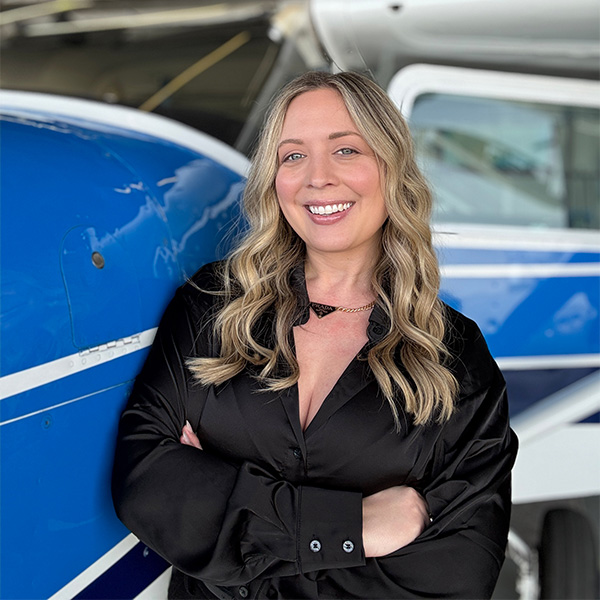AOPA slams County of Santa Clara's unsafe, discriminatory fuel practices
AOPA and its co-complainants submitted a scathing response to the California county of Santa Clara amid the ongoing 100LL fuel ban dispute, citing violations of federal rules, delay tactics, and unreliable evidence, as well as accusing the county of overstepping its authority.
The April 7 response, filed in reply to the county’s answer to the Part 16 complaint filed against it, casts doubt on the county’s credibility, citing inconsistent statements from the county and its officials, delayed responses to airport tenants, problematic self-fueling permits, and the county’s deliberate disregard for grant assurance obligations.
In the response, AOPA and its co-complainants criticize the self-fueling permitting scheme that the county claims to be a sufficient solution to its prohibition on 100LL sales: “The [County] tries to make light of its obvious access violation by blithely stating that it is not precluding anyone from being able to self-fuel their aircraft.”
The document explains that the county’s position ignores the burdensome, impractical, and sometimes impossible, process of self-fueling under the conditions and restrictions imposed by the county’s permits and calls the process an “unreasonable denial of a right to self-fuel, while compounding the denial of reasonable access to available services at the airport.”
The response also lambastes the county’s assertion that its commercial self-fueling permits do not restrict commercial self-fueling with 100LL, since, as the document points out, a commercial self-fueling permit issued to Trade Winds Aviation restricts Trade Winds Aviation to buying fuel only from the county, which does not sell 100LL. “The County only now mentions that it would be ‘open to discussing a different permit for self-fueling with other fuels purchased from other sources,’” the document says, “but offers no evidence of such permits being available or ever issued.”
The document also calls out the unreliability of statements made by the county and its director of the Roads and Airports Department. “The County repeatedly makes assertions with no basis in fact, only to offer excuses or explanations when confronted with evidence to the contrary.” In previous filings, the county claimed that AOPA and its co-complainants “made no meaningful efforts to resolve the allegations stated in the Complaint.” When AOPA provided evidence to the contrary, the county and the director of its Roads and Airports Department, who indicated under penalty of perjury that he had personal knowledge of the facts, said that he “did not recall” several efforts to informally resolve the matter. The document follows up with four examples of efforts to resolve the issue in 2021. To demonstrate the county’s lack of responsiveness, the document recounted how one of AOPA’s co-complaints had received no response from the county concerning a request for an exemption to fuel with 100LL and only after the Part 16 complaint was filed did the county finally respond after more than a year of silence.
The AOPA filing concluded that the county overstepped its authority by banning the sale and distribution of 100LL without prior FAA approval and has not presented a single argument that supports its decision to prohibit the sale of leaded aviation fuel as a “reasonable restriction necessary for the safe operation of the airport.”
“The County’s decision is not a decision that was made for safety reasons related to its maintenance of its airports in the nation’s transportation infrastructure,” the document continued. “Rather, the County made a decision in isolation, without authority, and without due consideration to the national import that its airports have in the whole aviation system.”




